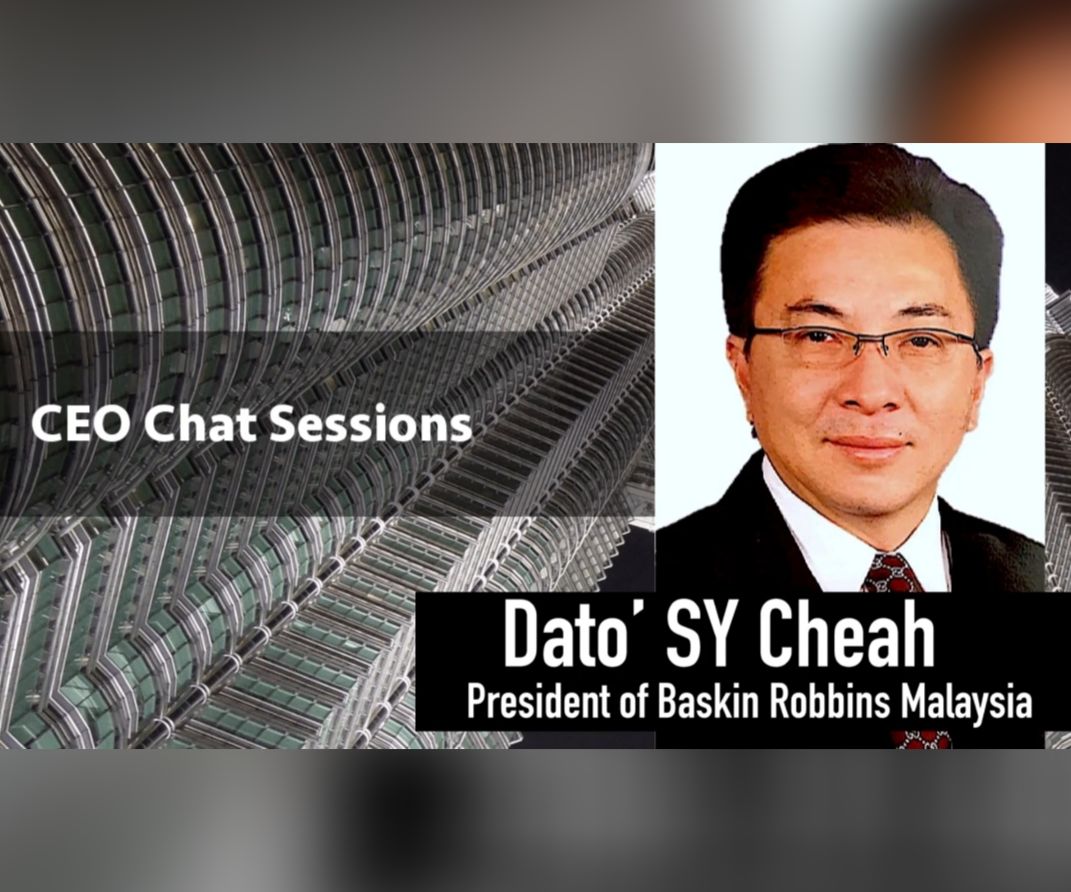We Have Ditched Formal Performance Conversations. What Now?

.
BY CORRINNE ARMOUR
Dropping the formal performance process was a contentious move despite the evidence of the high operational costs of performance management systems and the damage they cause. So how will people know how they are tracking? How will you rank them? How will you pay for them? As I spoke to senior HR leaders, two universal opinions became clear:
1) Our performance appraisal system is not great, and we concede that it does damage.
2) With the system in place, at least we know our leaders are talking to our people about their performance twice a year (even if it’s done awkwardly).
Despite these concerns, an increasing number of organisations have followed world-class firms like Adobe, Deloitte, Accenture, Gap and GE and ditched formal performance conversations.
The ‘simple’ solution
My daughters are keen basketball players, and their skills are developing rapidly on a weekly basis. Imagine if their coach only reviewed their performance twice a season: ‘So Jess, your shooting accuracy has gone up this season, well done! Although, in the first half of the second game of the season, you missed three opportunities to jab.’ This is useless feedback—the game moves fast and opposition tactics shift continuously.
Instead, the coach provides the team, and individual players, with necessary feedback during each training session, and in real-time during the game, creating multiple opportunities to take on and apply – for learning.
The biggest concern for HR leaders in companies making, or having made the shift, is ensuring feedback and development conversations continue in the absence of a formal annual process. The simple solution is regular, timely, targeted development conversations that will drive engagement, develop performance, and produce results. Simple, but not easy.
So what stops leaders from having quality conversations?
- It’s not my role: developing people is a ‘people and culture’ function.
- I don’t have time: my focus is on operational delivery, and I don’t have time or energy for the people stuff.
- I don’t know how: gaps in competency means I don’t know how to handle this, and I lack confidence.
- I am uncomfortable: these types of conversations leave me feeling awkward, so I avoid them.
READ: 5 Ways to Boost Your Health When You’re Pressed for Time
The role of HR leaders
For an organisation to remain sustainable in our fast-paced environment, people leaders must be encouraged, skilled and empowered to own the role of on-job development. HR practitioners are integral to this shift, by ensuring a leader’s ‘role definition’ includes people development, and a requisite skill set to take up this responsibility daily.
Less ‘tell’ and more ‘ask’: Taking a coaching approach to develop performance
Poor leaders ‘tell’ in developmental conversations: ‘Here’s where you could improve and here’s how to do it.’ When leaders provide the answers, the audience’s rational brain may be listening, but it won’t help with recall or ownership of learning. This is not a recipe for engagement, accountability or ongoing development.
In contrast, great leaders boost on-job development by asking questions that leverage the power of the brain for learning. When leaders ‘ask’ questions that lead people to a new understanding, ‘insight’ occurs. Insight is that light bulb moment where the brain pulls seemingly unrelated ideas together and connects them in new ways.
Insights are valuable to learning because they engage the brain’s reward systems and trigger dopamine release: a neurotransmitter known as the ‘happy chemical’ (Davis, et al., 2016). The simple act of searching for and finding our own answers rewards the brain. Insight activates the hippocampus, which is responsible for long-term memories. Rich neural connections are made to things we already know, enabling application of the solution more broadly in the future.
The ‘generation effect’—replicated in a number of behavioural and neuroscience studies—shows that people are more likely to remember an idea they generate themselves, so ‘questions’ are a critical tool in a leader’s development toolkit.
It’s vital to ensure people leaders are having the conversations needed to develop staff. Ensuring leaders see this as part of their role and equipping them with the ability to ask more and tell less, will create ongoing development in the absence of a traditional formal performance conversation system.
.
Corrinne Armour is a leadership expert who helps leaders and organisations develop Fearless Leadership and deliver transformational results. She is the author of Leaders Who Ask: Building Fearless Cultures by telling less and asking more. She is co-author of Developing Direct Reports: Taking the Guesswork Out of Leading Leaders and two specialist texts on human behaviour.
Business
This article is published by the editors of Leaderonomics.com with the consent of the guest author.





